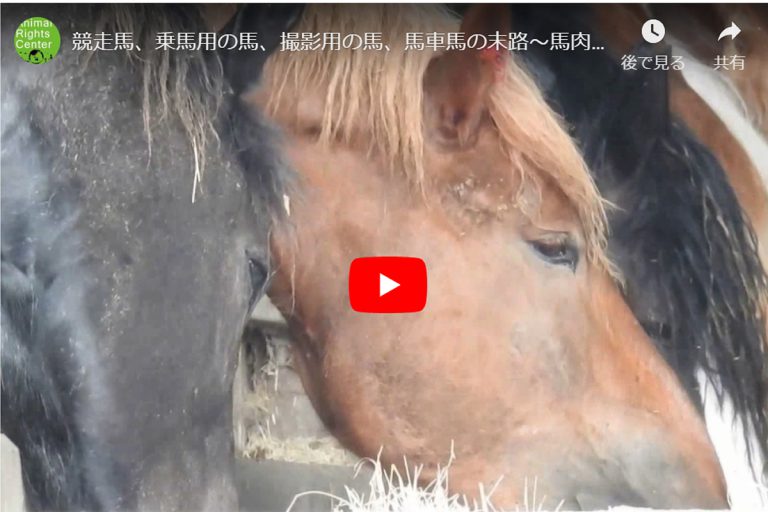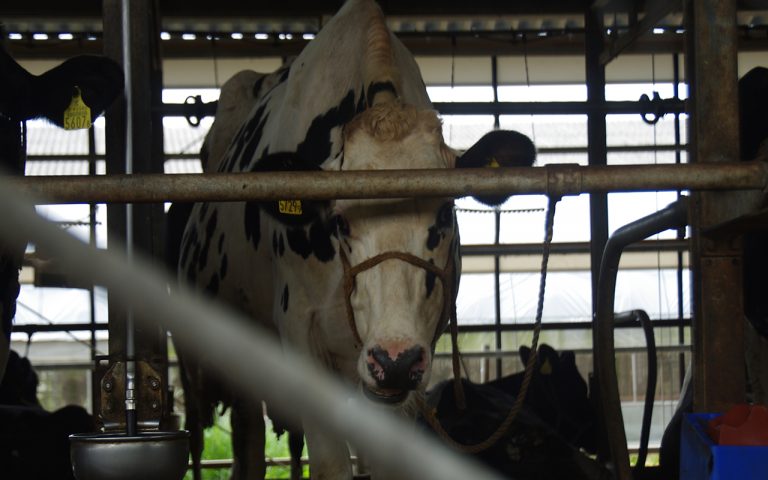
Category Farm animals

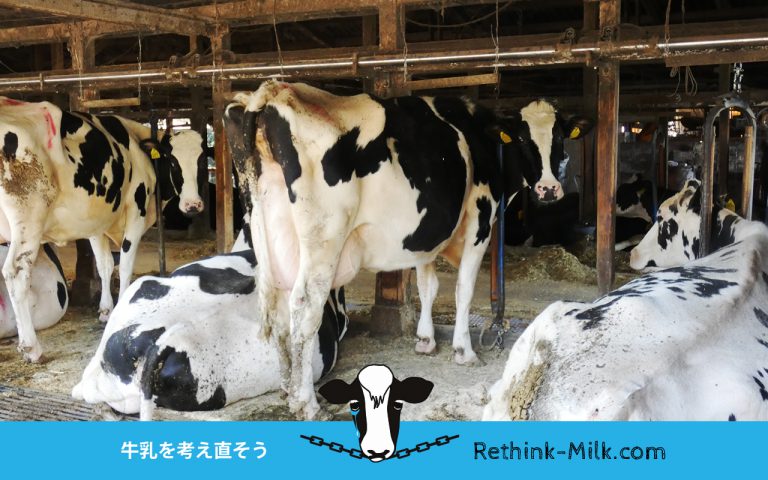
[Rethink Milk]
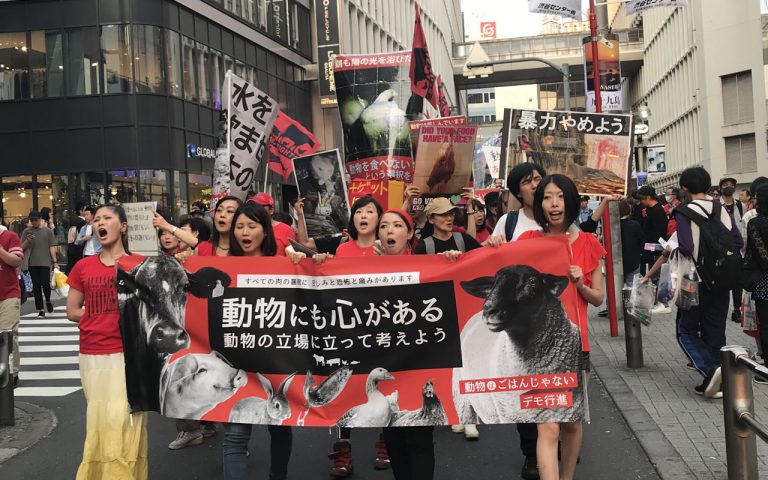
Hope to the suffering animals. We marched for the farmed animals.
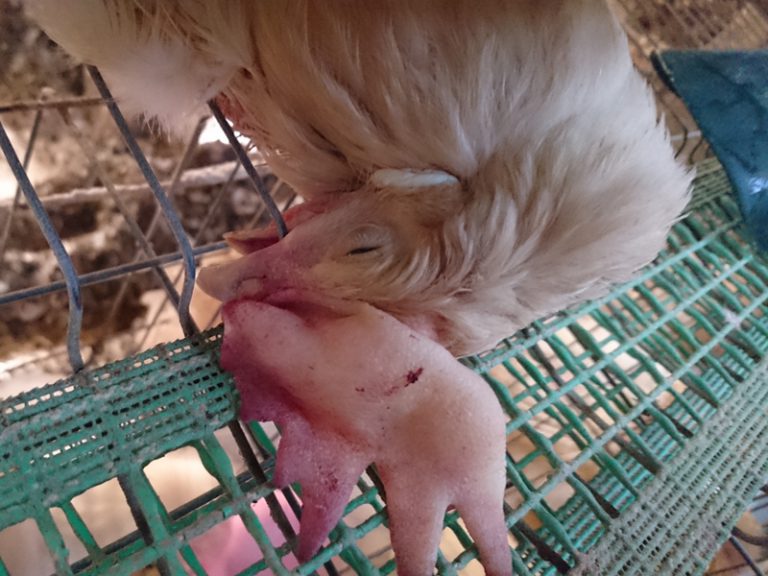
Red mites
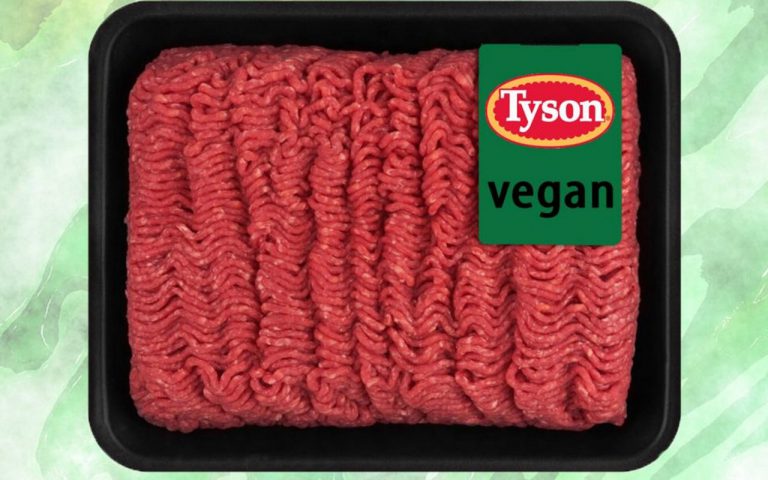
World’s Meat Companies Work on Producing Plant-based Meats

Nanakusano sato (Matsuda Mayonnaise) A Japanese company that only uses cage-free eggs
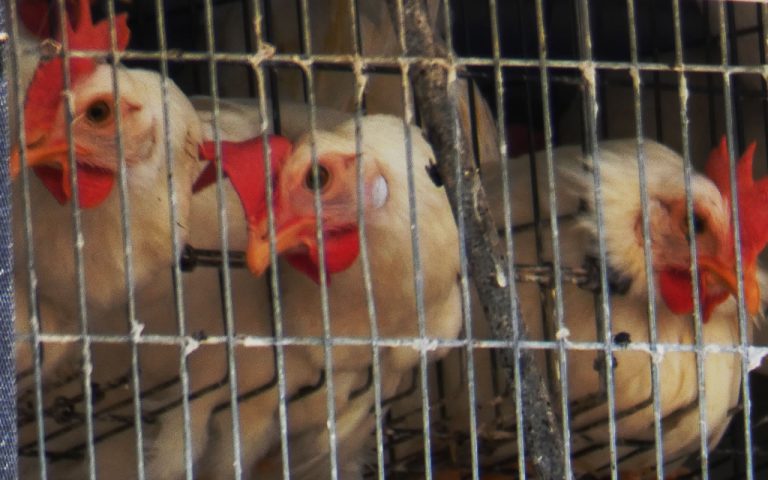
Agriculture in Japan: is only a short-term perspective ok?
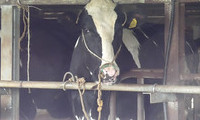
Tethering of Dairy Cows Remain Common in Japan while European Countries Move toward Ban
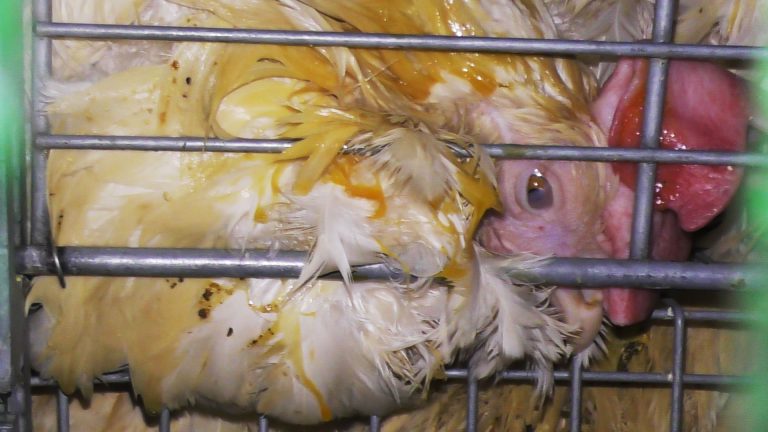
Slaughterhouses abandon chickens for 72 hours MAFF’s Third Warning
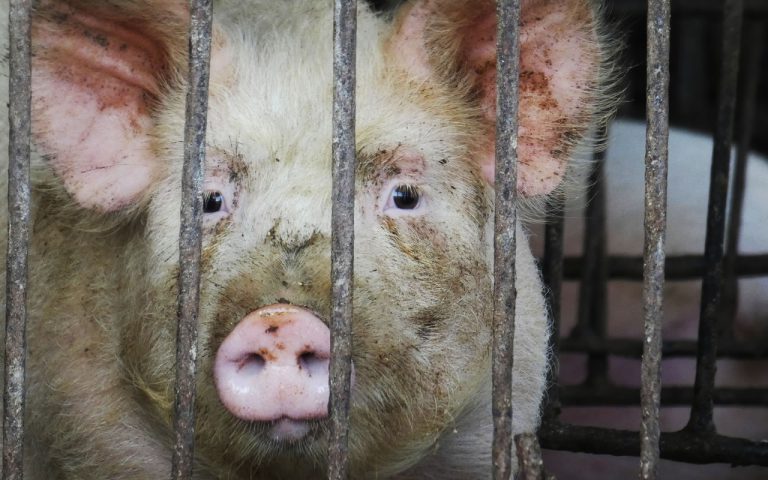
Over 40,000 pigs got hog cholera – meaninglessly killed and yet more pigs will be bred
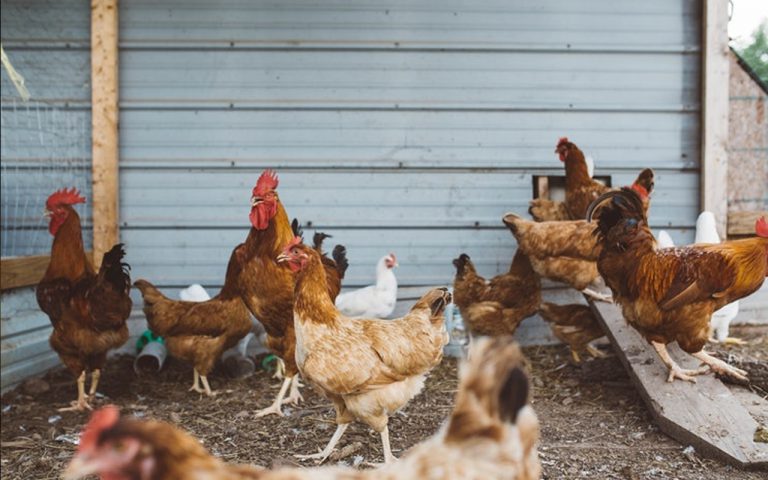
Marriott International is going cage free including hotels in Japan!
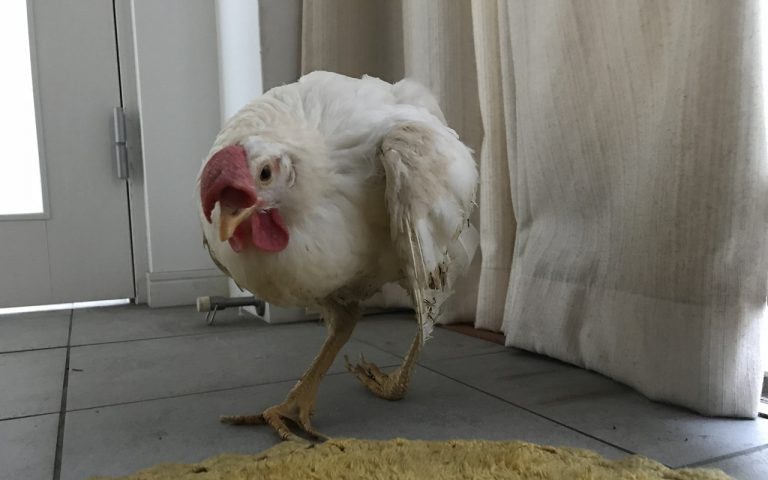
Rescue of egg-laying hens who were slated to be killed because of walking difficulties
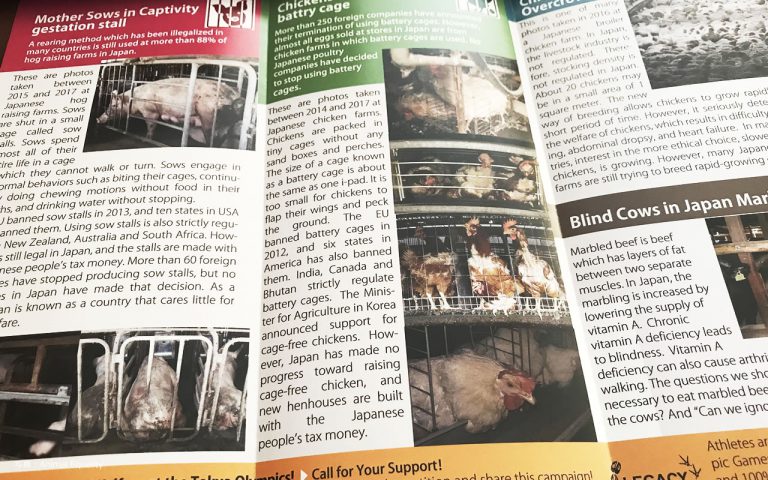
Farm Animals in Japan
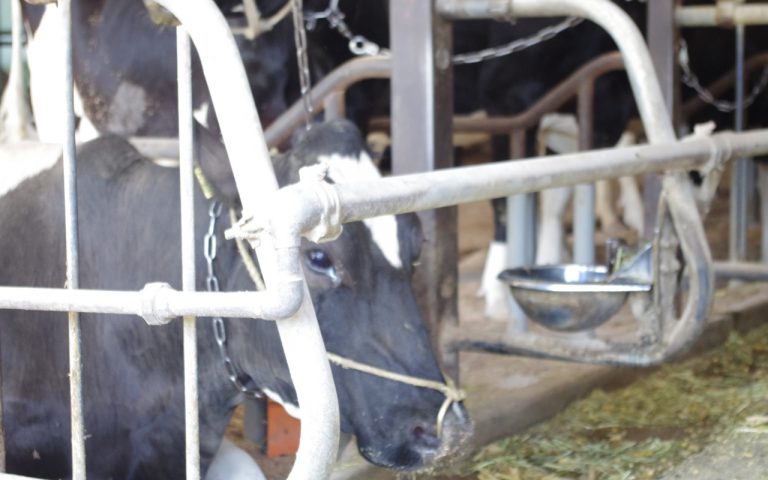
Stop Using Tie-stall Housing System for Rearing Cows
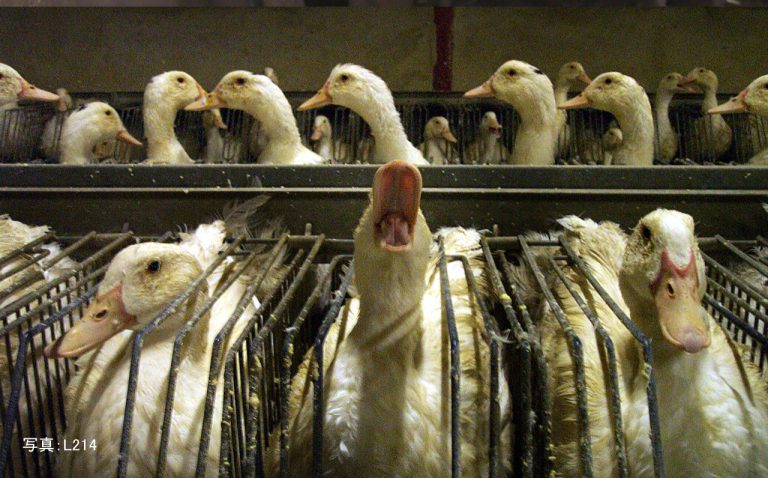
Jonathan once again in cruel foie gras selling. Reach out opinions!

The hatch for calf is a muddy. It was hell on a rainy day
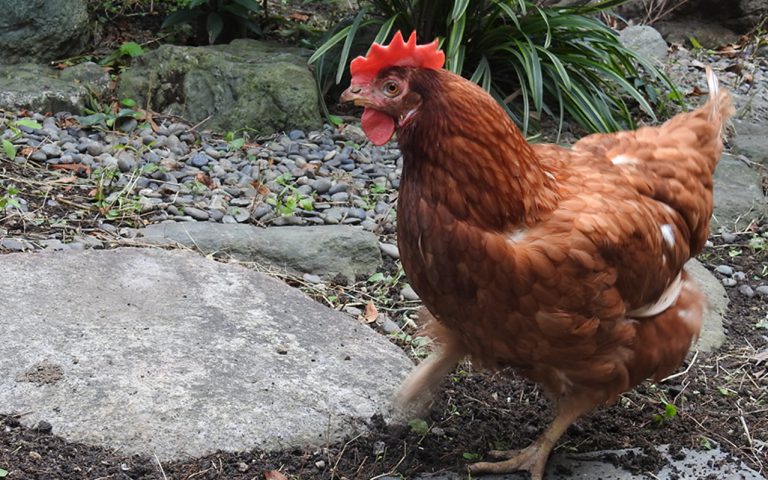
Summer of Koharu who rescued chicken from battery cage

Legacy For Animals. Make Ethical Olympics with No Animal Suffering

10 Olympians demand cage-free and stall-free for the 2020 Tokyo Olympics

What’s happening to pigs at slaughter houses at night?
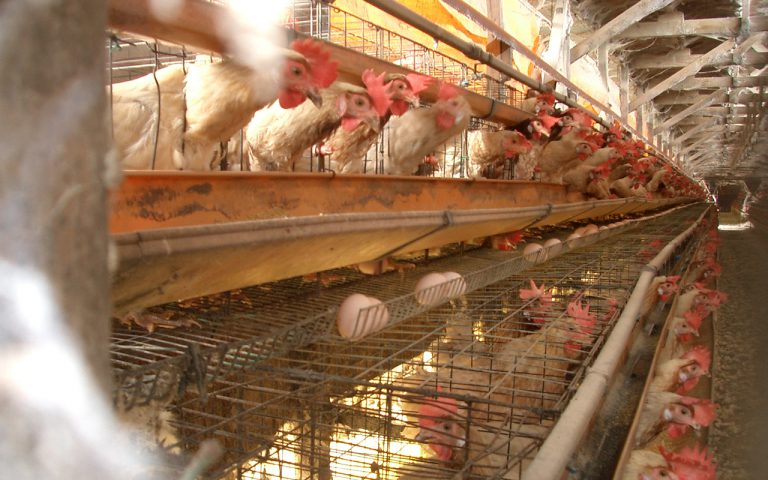
Petition of Cage-Free egg’s Reactions of companies to which we submitted

Long way to Change…Chickens Abandoned for Long Hours

0.5 million Birds Boiled Alive at Slaughterhouse
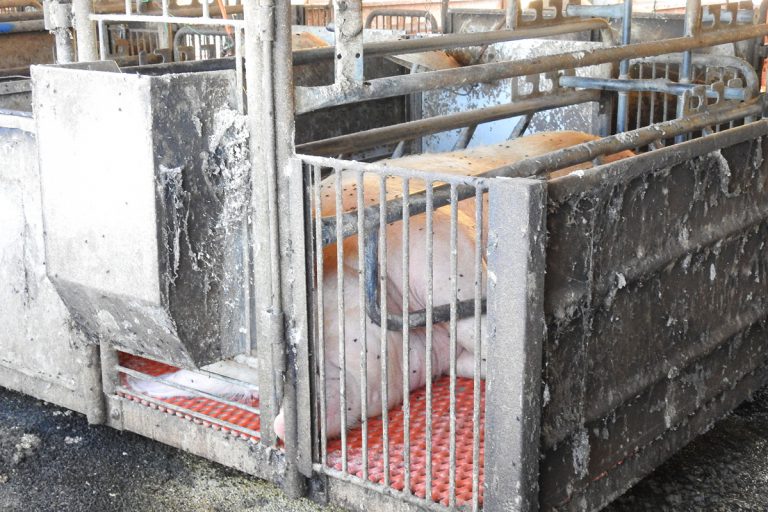
Do you know that Japanese pig farming that continues to restrict pigs have very bad breeding grades?

We have confirmed the signboard for alerting the improvement of slaughterhouse

PETITION:Ban Gestation Crates in Japan!

Please don’t eat chickens
